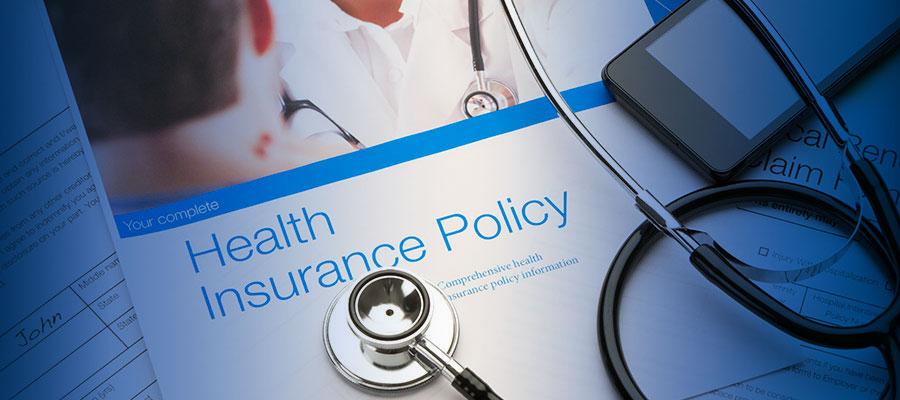AHA comments on proposed notice of benefit and payment parameters

Commenting today on the Centers for Medicare & Medicaid Services’ proposed notice of benefit and payment parameters for 2020, the AHA said it remains committed to ensuring that consumers have access to comprehensive coverage through the health insurance marketplaces. “Comprehensive coverage is critical to patient access to care,” AHA wrote. “We are pleased that the agency did not propose to make immediate policy changes in a number of areas that could reduce consumers’ access to coverage, including changes in policy regarding auto-reenrollment and ‘silver-loading,’ but instead chose to seek comment on potential future actions. We also appreciate the agency’s interest in increased transparency in consumers’ health coverage as the AHA shares in this important goal. CMS has substantial authority to improve and conduct more rigorous oversight of both provider networks and directories to facilitate consumer shopping and avoid surprise medical bills resulting from unanticipated gaps in coverage. However, we are concerned that several of the provisions could result in a loss of coverage or the erosion of key consumer protections.”

